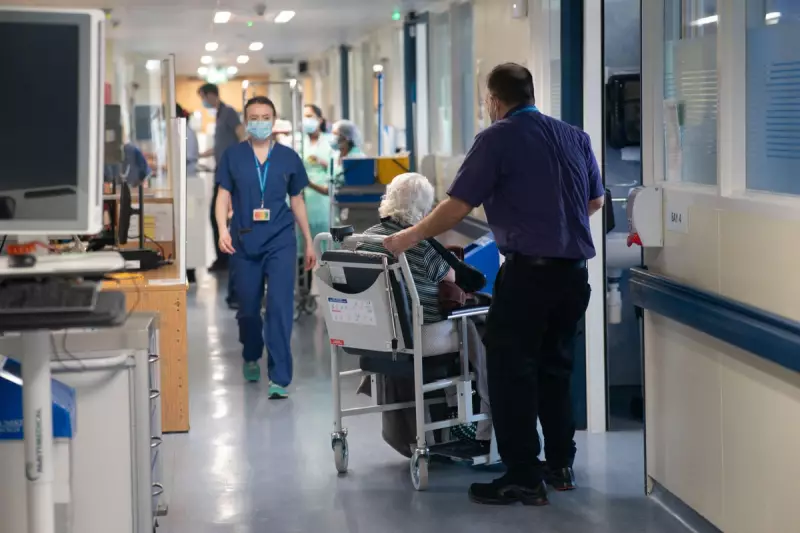
A revolutionary new approach to medicine distribution could save the NHS billions of pounds while dramatically improving patient access to essential treatments, according to groundbreaking analysis.
The £2 Billion Opportunity
Fresh research indicates that NHS England could achieve staggering savings of up to £2 billion each year by empowering local pharmacies to manage common conditions and routine prescriptions. This strategic shift would alleviate the immense pressure on GP surgeries while making healthcare more accessible in communities across the country.
Transforming Patient Access
The proposed model would see pharmacies taking responsibility for managing seven common health conditions, including:
- Sore throats
- Urinary tract infections
- Shingles
- Contraception
- Impetigo
- Infected insect bites
- Skin conditions like eczema and dermatitis
This fundamental restructuring could potentially free up to 42 million GP appointments annually, allowing doctors to focus on more complex medical cases while patients benefit from quicker, more convenient access to treatment.
Pharmacy First Programme Shows Promise
The analysis comes as NHS England's existing 'Pharmacy First' scheme demonstrates significant success. Since its launch, the initiative has already generated approximately 9,000 additional pharmacy consultations daily across 10,000 participating pharmacies.
Industry experts argue that expanding this proven model represents a logical next step in creating a more efficient, sustainable healthcare system that better serves patient needs while optimising finite NHS resources.
A Sustainable Future for Healthcare
This proposed transformation addresses two critical challenges facing the NHS: overwhelming demand on GP services and the need for substantial cost savings without compromising care quality. By leveraging the extensive pharmacy network already embedded within communities, the NHS could deliver more responsive care while achieving unprecedented financial efficiencies.
The findings present a compelling case for policymakers to accelerate the integration of pharmacies into frontline healthcare delivery, potentially marking one of the most significant reforms in recent NHS history.





